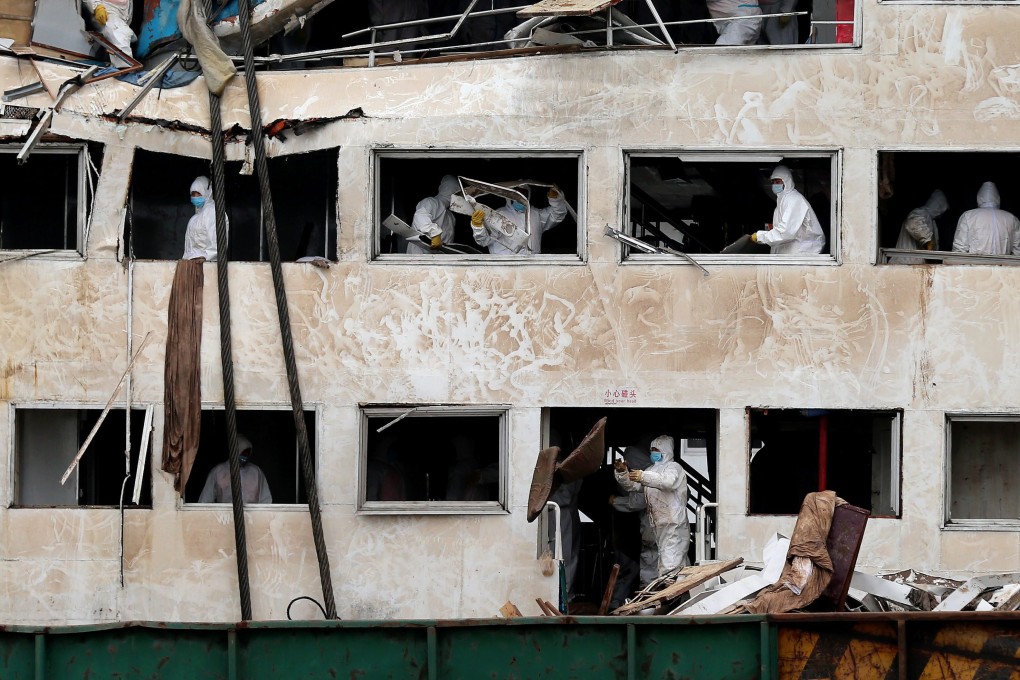Reflection on Yangtze ferry disaster: is it ever right for a captain to abandon ship?
Zhou Zunyou says the Yangtze River ferry disaster puts the focus again on the extent of a captain's moral and legal duties in a crisis

Only 12 people survived after the cruise ship Eastern Star, carrying 454 people, capsized in the storm-struck waters of the Yangtze River on June 1, making it China's worst nautical disaster in seven decades.
The ship's captain, Zhang Shunwen, and its chief engineer, two of the few survivors, are in police custody for questioning, though no formal criminal charges have been filed against them.
Immediately following the disaster, the media and internet users accused Zhang of abandoning ship. In the opinion of the majority, he should have been the last person to leave, evidently based on the old maritime tradition of "the captain goes down with the ship".
In fact, there are no express provisions in international maritime treaties stating that a captain has to be the last to leave a sinking ship. However, given his ultimate authority aboard the ship, the captain is fully responsible, both legally and morally, to do his utmost to save every person in a crisis.
Some have failed, displaying cowardice and betrayal. A recent example was the South Korean captain Lee Joon-seok, who fled while many aboard the Sewol ferry remained aboard, as instructed. Lee was found guilty of murder and given a life sentence after more than 300 died.
In China, according to its mariners' law, a captain who violates his duty "to be the last to leave the ship" may, under serious circumstances, deserve criminal punishment. In accordance with Article 232 of the Criminal Law, such a violation may constitute intentional homicide and be subject to penalties up to death.
